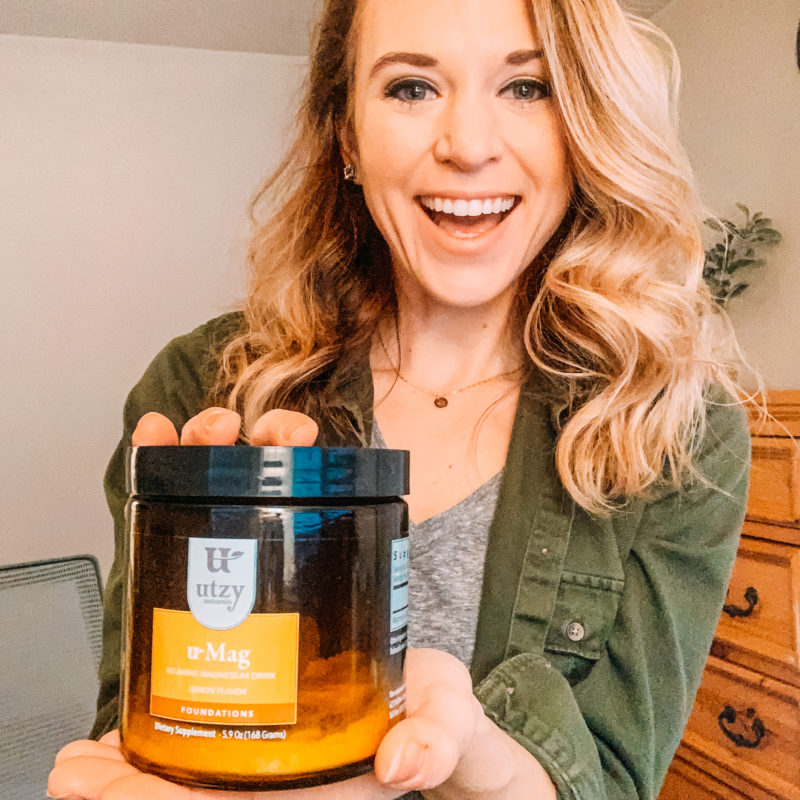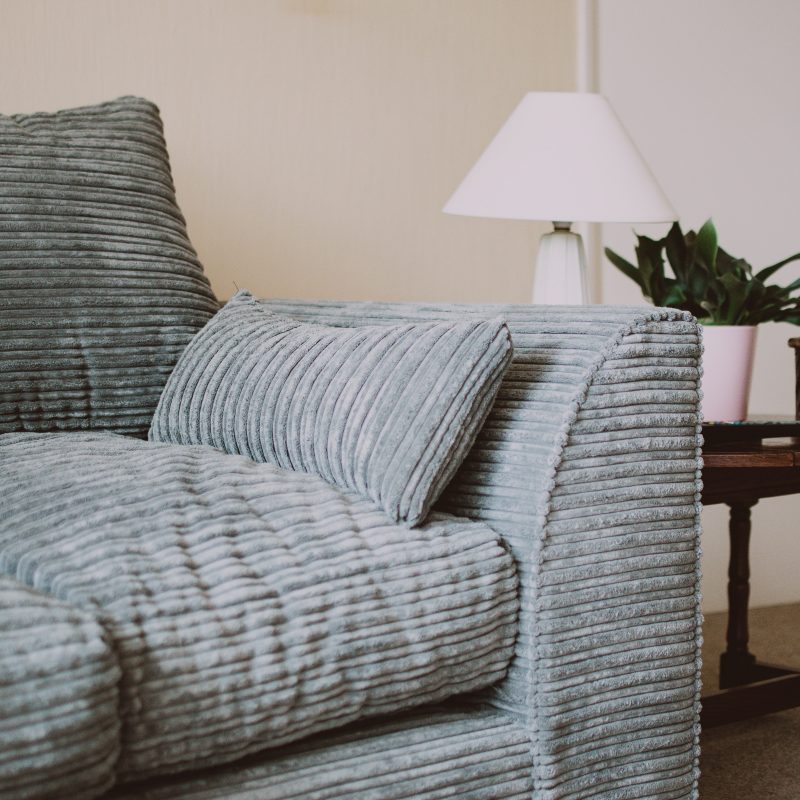What does it mean to be a woman? What defines womanhood and how does being a woman in our present-day culture shape our authentic identity… as women?
Questions you’ve probably never asked yourself. I know I haven’t… at least until recently. At every stage of life, we’re taught, in some way or another, how to love ourselves. Sometimes it’s the right way to love who we are and sometimes it’s the wrong way. Whichever way, it shapes how we view and treat ourselves and others.
This blog post is a bit different than anything I’ve posted here on RunningMyselfTogether before. It’s not about running or fitness or mental health (well, maybe a little about mental health). In this blog post, we take a peek behind the curtain of one woman’s life, as she journeyed through suffering from PCOS, infertility, and discovered what it means to be a woman.
It’s a story of empowerment, faith, and hope as she shares her pain and struggles, and we’re sharing it here, because we’re wrapping up National Infertility Awareness week. And, quite frankly, this topic isn’t addressed enough.
Meet Laura – a dear friend and sister in Christ. And welcome to her journey.

Can you share with us a little bit about your background (Where you’re from, what do you, some of your passions)?
I’m originally from Winston Salem, NC, but now live in the Washington Metro area with my husband while he finishes up grad school. I’m a full time nanny – raising children is my passion. Kids are so pure and curious and earnest in their pursuits. I love spending time with children and am planning to go back to school for my teaching license this fall.
When were you diagnosed with PCOS and can you give us a little insight… what is it? How does it affect a woman’s body?
I was diagnosed with PCOS a year before my husband and I got married (May 2012), although I’d been having symptoms long before that. PCOS is an endocrine disorder in which your body makes more male hormones than it should. There is no cure and the research behind it is still developing. Symptoms include sporadic or absent periods, extra hair growth, particularly on the face and genitals, insulin resistance, infertility, depression, weight gain, lowered libido… basically everything a woman would never want.
The name of the disease comes from a neat little “pearl necklace” of ovarian cysts that is usually found around the ovaries. For me personally, I had almost all of these symptoms and most notably no period. My husband and I were planning on using Natural Family Planning (NFP) while he was in grad school. But before we started with NFP, I needed to get a handle on why I wasn’t getting a period, so I went to my doctor and that’s when, after years of uncertainty, I was diagnosed with PCOS. My doctor began treating me right away.
Can you share with us the lengths you went to to get pregnant and how PCOS has played a role in that?
We were married in May. In October we did our first round of fertility treatments with the baseline that most people begin with which is a drug called Clomid, because we knew the chances of me being able to get pregnant with PCOS were very slim. My mom had used Clomid to have 3/4 of her children, so I thought it would be a sure thing.
We did three rounds and… no luck. We were heart broken.
I won’t go too in depth, but we tried one more round of Clomid, which ultimately didn’t work. We tried a couple other methods of fertility treatment, which resulted in multiple miscarriages. I was taking a ton of medication, injections, and hormones. Not to mention countless doctor visits. It was a very trying time.
How did that affect you mentally and emotionally?
Honestly, I felt like I was losing my mind. We were pumping so many hormones into my body, monitoring my progess nearly everyday, and the medicines made me nauseous and gave me other GI issues. All the while, those around me had no idea what I was going through, because we were relatively young at this point (24), and most of my friends were still single and living that lifestyle, working their tails off in grad school, or at work, and I knew no one would understand. How could they? I felt really alone.
My husband was/is an excellent support system, but all of these struggles weren’t his fault. They were because of me and my body, and because of that I felt a lot of guilt. I was so sad, because I thought my husband and I were never going to have children.
I could deal with my own sadness and loss, but it broke my heart to watch my husband suffer because of me. I know he would tell you that watching me suffer was his own personal circle of hell. I also struggled with trying to understand why this was happening. “Why us, God? Why me?”
How did that affect your Catholic faith (if you don’t mind sharing)?
Infertility is not for the faint of heart. This whole experience really rocked my faith. I didn’t understand how a loving God could give me children and take them away so quickly. And I was physically suffering. I constantly felt like I had the flu and I was injecting myself with medicine on a daily basis, all while trying to eat healthy, exercise, and be a faithful Catholic.
I felt like I was checking all the boxes. I was doing all of the things I should and living the life God wanted me to, but I felt the Lord still was not answering my prayers. When we started these treatments we would send out novena candles to our families to hold vigil with us in prayer. We did several other novenas. (Not sure what a novena is? Read more info here).
At some point I “went out into the desert,” as they say. I stopped praying novenas and I stopped participating in mass. I was very quiet in terms of my faith. I could no longer impose my plans on God, because obviously our plan wasn’t lining up with His. I was very angry with Him. Let’s be honest, it’s challenging to watch people around you get exactly what you want and joyfully carry it and share it with everyone around them.
I became very indignant, pointing out the flaws and shortcomings of other women I knew who were pregnant, as if I could justify to God why I would be a better mother than they could.
But the good news is, the Lord has lead me out of the desert. Now that we have stopped trying with fertility treatments, I can hear Him better. But it’s different this time. I have a stark assurance that God had a plan and loves us.
After many attempts to try to get pregnant, you turned to adoption. Do you mind sharing what that journey has looked like?
Even before trying to have children, I always knew I’d want to adopt at some point in my life. My heart would leap when someone would mention adoption and I wanted to know all I could about the journey from friends who were adopted.
We already had a social worker we were working with, as well as a myriad of other resources. All we had to do was say, “We’re ready.” When we finally decided to stop trying with fertility treatments it was as if I invited my real self back in our life.
Fertility Treatment Laura and Real-Life Laura were two different people and I had forgotten how healthy and happy I was when I wasn’t constantly under the influence of medication and disappointment. A huge burden and responsibility was lifted off my shoulders. I could stop blaming and hating myself because I was no longer failing on a monthly basis. I feel so much more at peace with our current path.
It was almost as if I knew that this was really what we were supposed to be doing all along, but I had to try every wrong path first to make sure that it wasn’t the right path.
You mentioned the hope you feel now, because you’re adopting that wasn’t so present a year or so ago. Tell us about that.
Fertility treatments versus adoption is a matter of “if it happens” versus “when it happens.”
Eventually, we are going to connect with the right birth mom. The pressure is off of me and my body, so that we can focus on connecting with another woman who may not be ready to parent. We are hoping for an open adoption so that we can grow our family, and also include our children’s birth mother(s), as well.
To me that is such a bright and happy possibility and goal, as opposed to more money, more time, and more effort expended on fertility treatments that make me feel miserable and could possibly leave us empty handed again. Adoption for me is full hands and a full heart.
As a woman, there is a lot of pressure to fit into this idealistic mold of what it means to be a woman and part of that is having children. How has this experience impacted how you view yourself as a woman?
Through this whole experience I have consistently felt not good enough. In conjunction with infertility, PCOS had caused me to gain weight. I had gone from the cute college cheerleader that my husband fell in love with to the infertile, overweight nanny. It was heartbreaking.
My whole life I had been taught and shown that women get married and have children. They can have other pursuits, but marriage and children are the greatest good. My mother, grandmothers, aunts, all of them got married and had children. Not being able to follow in those footsteps rocked me. What else was there? I hadn’t developed any sort of other desire besides having children. It was all I wanted. I had put all my eggs in one basket, ha. In my great rush to follow down that path I had left myself empty handed. I really didn’t even know where to begin constructing a life sans motherhood.
Overall, I can say this experience has been really crucial in my view of womanhood. I have come to realize that women can be many things and a mother does not have to be one of them. Biological motherhood is not the paragon of femininity. Pregnancy and childbirth do not have to be the only things that bind us together. We can and should have other interests.
It is healthy for our children to see women as human persons outside of the role of mother. The natural and beautiful urge we have “to mother” can take its place in other aspects of our life. I have come to realize that my value does not lie in my ability to create and bear a child. My value lies in who I am as a person and the unique God-given qualities I have. I have worth beyond my biology.
This is a PSA for all women – single, dating, married, has children, planning on having children, never having children. What advice can you give us on embracing womanhood, especially when we feel crushed as a woman by the weight of the world?
Women were made to be nurturers. Make yourself the very best person that you can be so that you can fulfill that God given role. As we wait for our children through adoption, I am really investing in making me the best person I can be, diversifying my interests, learning everything I can about the world around me, so that I have those things to share, and model and pass on when I am finally a mother.
I want for my children to desire to be like me, to have good character and experiences and passions that they see and think to themselves, “I want to be strong and brave and knowledgable and experience, just like my mom.” Be the best version of yourself that you can possible attain so that you may share and cultivate that in those you serve.
Such an incredible story. Despite trials, tribulations, pain, and hitting rock bottom, Laura has made so much good out of her bumpy journey – as we all should.
I wanted to share her story with you all, because we’re wrapping up National Infertility Awareness Week, and this topic isn’t talked about enough. Neither is what it means to be a woman and to be your true authentic self.
Laura and her husband are still in the adopting phase of her journey. They have put together their own blog where they share their story and direct people who are or may know someone who is looking for adoptive parents for their child.
You can find more info here: www.mckennasadopt.com
Share this story with as many people as you can. You may be the person that gives one hurting woman the glimmer of hope she needs to persevere.


